Researchers are using genome mining to develop poisons that will exclusively target possums on a massive scale.
News & Events
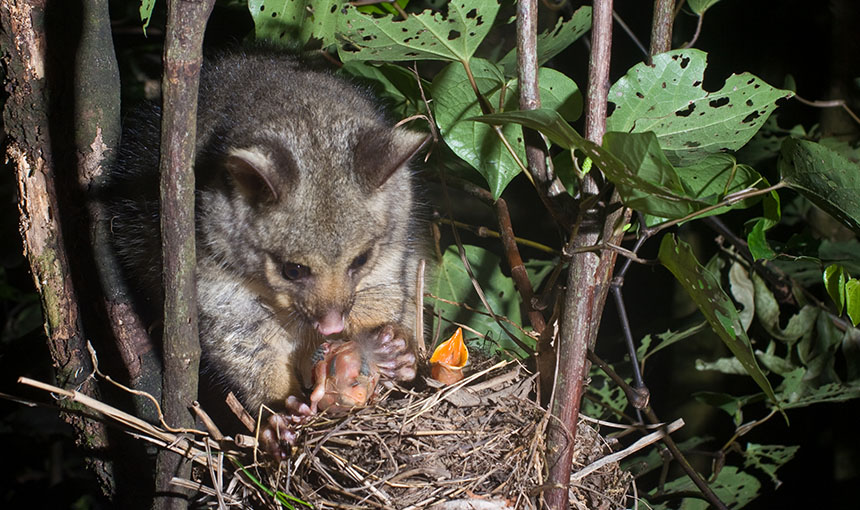
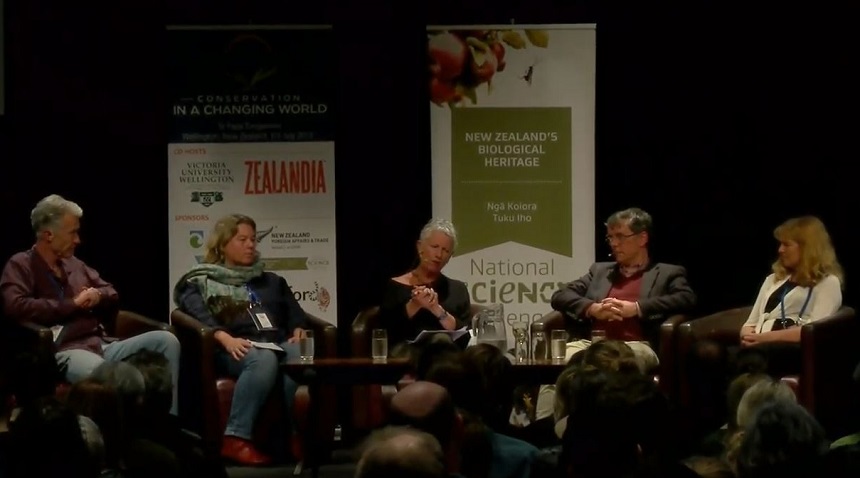
Bioethics Panel
To achieve the vision of Predator Free New Zealand 2050, researchers need to develop novel tools and technologies for cost-effective, landscape-scale control, eradication and surveillance of small mammal pests.
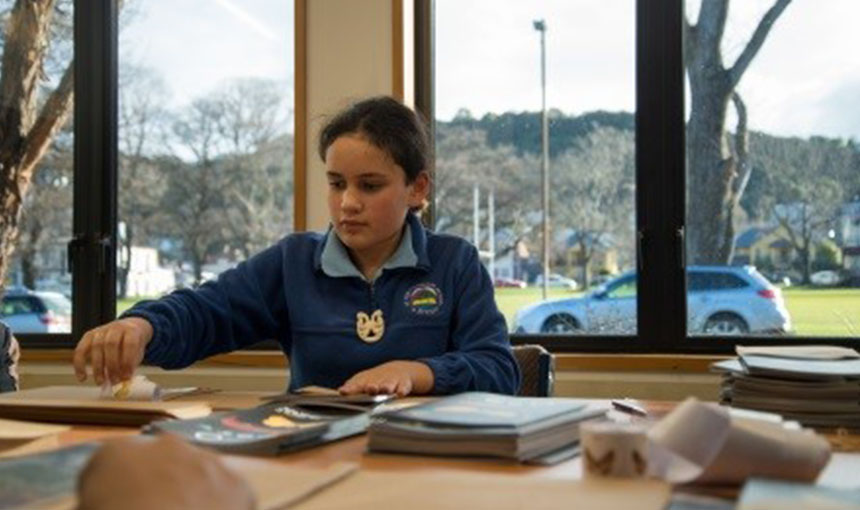
Shining a light on New Zealand’s moths
New Zealand students now have the resources to find out a whole lot more about our 2,000 moth species.
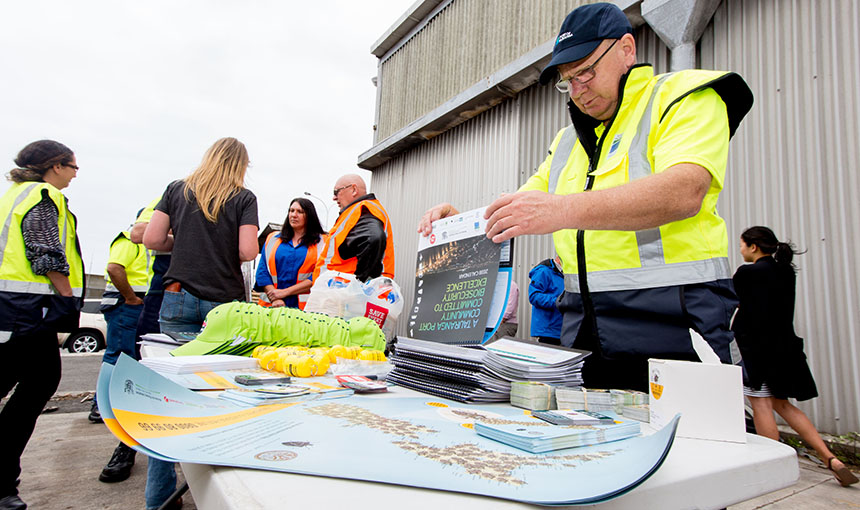
Flagship sites
To enhance community engagement and raise the profile of science, we support three flagship sites – areas that showcase to the public research done by our Challenge parties.
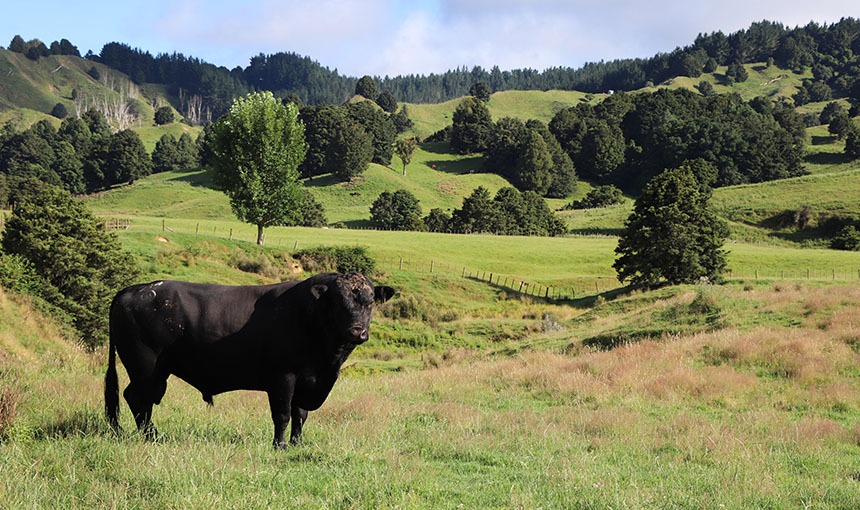
Farming & Nature Conservation
Biodiversity can help increase agro-ecosystem resilience, however we don’t know what’s required to support changes in on-farm biodiversity management.
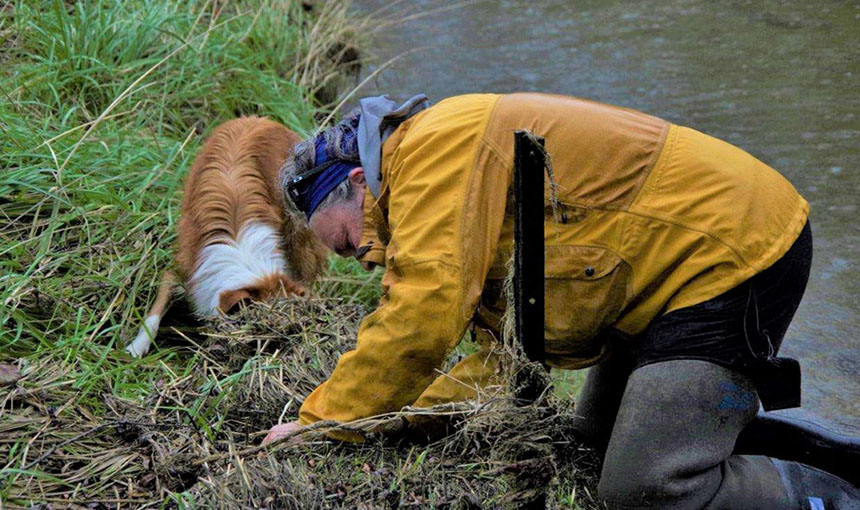
Predicting and preventing ecosystem decline
Researchers are developing a framework to help predict and prevent the approach of rapid, harmful and difficult-to-reverse changes in ecosystems.
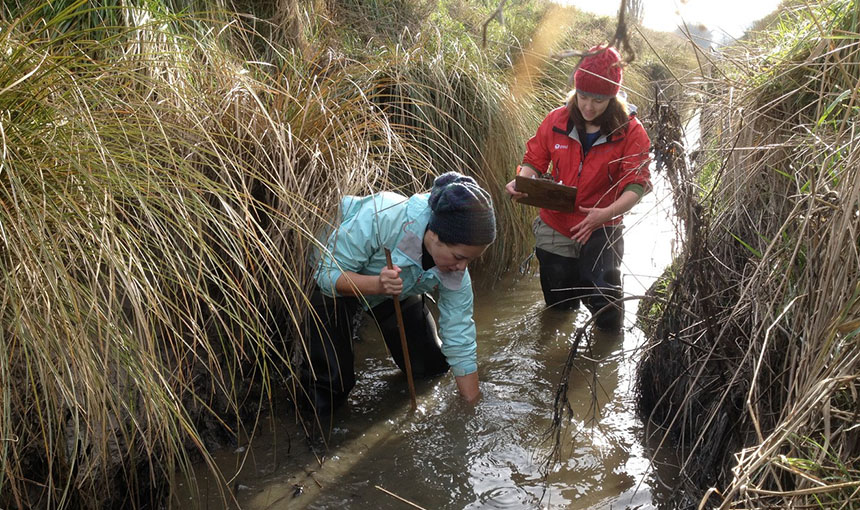
Rebuilding Healthy Rivers
Researchers are using freshwater systems as a model to test how degraded ecosystems can be resistant to disruptions – including upsets that aim to restore them.
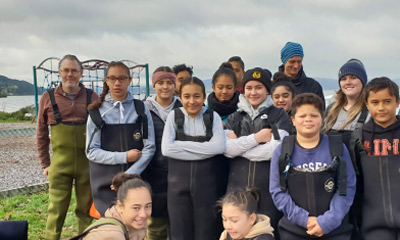
Managing threats to freshwater taonga invertebrates
Management of non-native fish may be the answer to safeguarding freshwater taonga (treasured) species in our waterways.
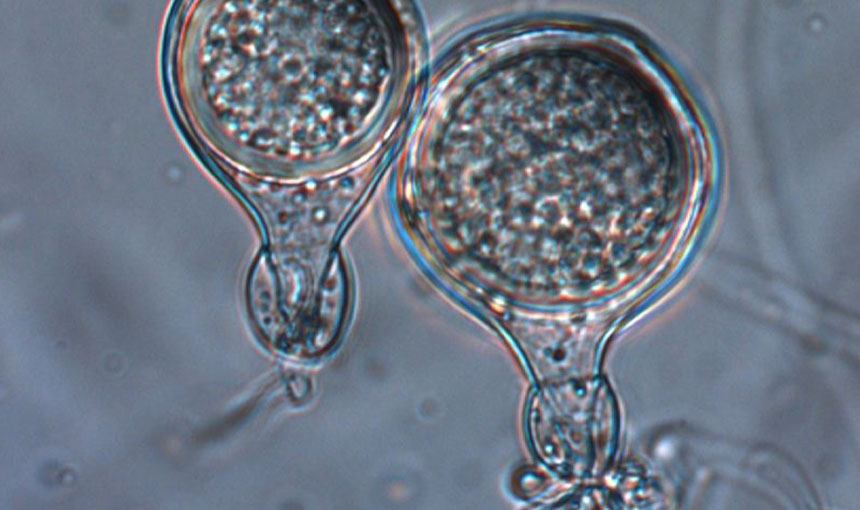
Combating pathogen risk using genomics
Rapid assessments of the potential impact of pathogens are critical in protecting ecosystems from new threats.
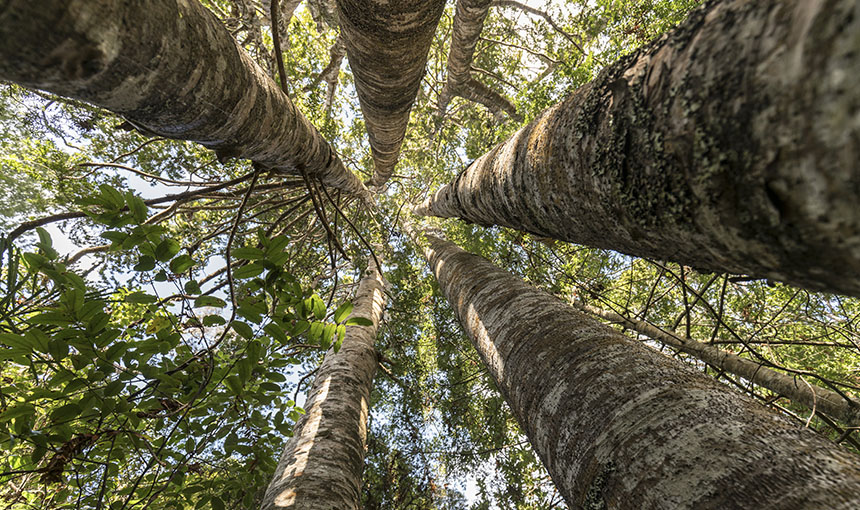
Stopping kauri dieback in its tracks
Selected native plant extracts may be able to attract and kill the spores of Phytophthora agathidicida – the pathogen causing kauri dieback, according to researchers.